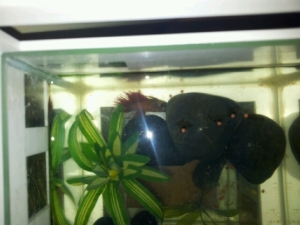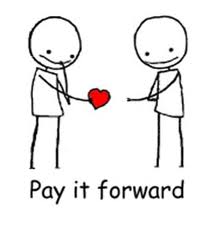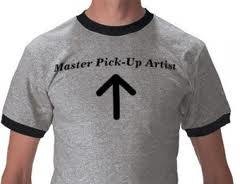I want to take a moment to talk about values and the often underscored importance of them in forming networks. While some like Kadushin (2012) try to take an objective analytical perspective when attempting to explain how informal networks form and are often spontaneously formed as a result of formal networks, I don’t think this paints the larger picture. While this is insightful for purposes of retroactive social network analysis, following emerging values can expose new trends that indicate the development of powerful informal networks. With strong cultural values, groups can form powerful coalitions in decentralized forms and may not need many attributes of homophily or propinquity to coalesce (likeness or geographical closeness).
The Burning Man (BM) arts festival, while always very popular with 50,000 attendees last year, has gained huge notoriety in recent years to the extent that a virtual crisis occurred this year with ticket allocation. Historied veterans of art camps were denied access to tickets as an unpredicted and overwhelming increase of newcomers purchased tickets and crowded them out. While organizers may blame this popularity on the Dr. Seuss take Oh the Places You Will Go video of amazing sites and sounds at the festival, I think it points to emerging values of global social collectivity and participatory “action practices that are decentralized but do not rely on either the price system or a managerial structure for coordination” (Benkler, p.63) that more people are wanting to be a part of.
Those who exemplify the values of the festival the most emerge as informal leaders in the massive BM network who volunteer to make the festival what it is. Take for example, the group of 170 volunteers from every corner of the world that combined their money, time and resources to come together last year to build the temple at burning man in 2011 as detailed in Jai Aquarian & Erin Macri’s TED talk.

These people gave up jobs, time with family and lots of money to volunteer to build this temple of worship that is build for the festival and then ceremoniously burnt at the end of the week. It may seem like a lot of sacrifice for nothing but the principles of burning man such as decommodification and communal sharing speak so loud to those who take the annual pilgrimage that many are willing to make great sacrifices to contribute artifacts that help others live out these values. This is not to say that everyone who attends the festival does not make their own sacrifices as well. The climate is harsh and can be unforgiving. The magic of it is that being isolated in a desert where you are stripped of the comforts of home, you are also free of rigid social structures, which helps the principles become exemplified through the spontaneous creation of a no-barriers community.
Where I see a paradox is that what draws many to network passionately about burning man from their remote locations throughout the year is the desire to disconnect from our technologies that physically distance us from each other and focus on engaging in intense face-to-face interaction and human experiences. I get it, I often feel that the more I network, the more I want to turn on, tune in and drop out. I think that if our virtual networking can motivate us to network more face-to-face, collective culture can only grow. What do you think?






